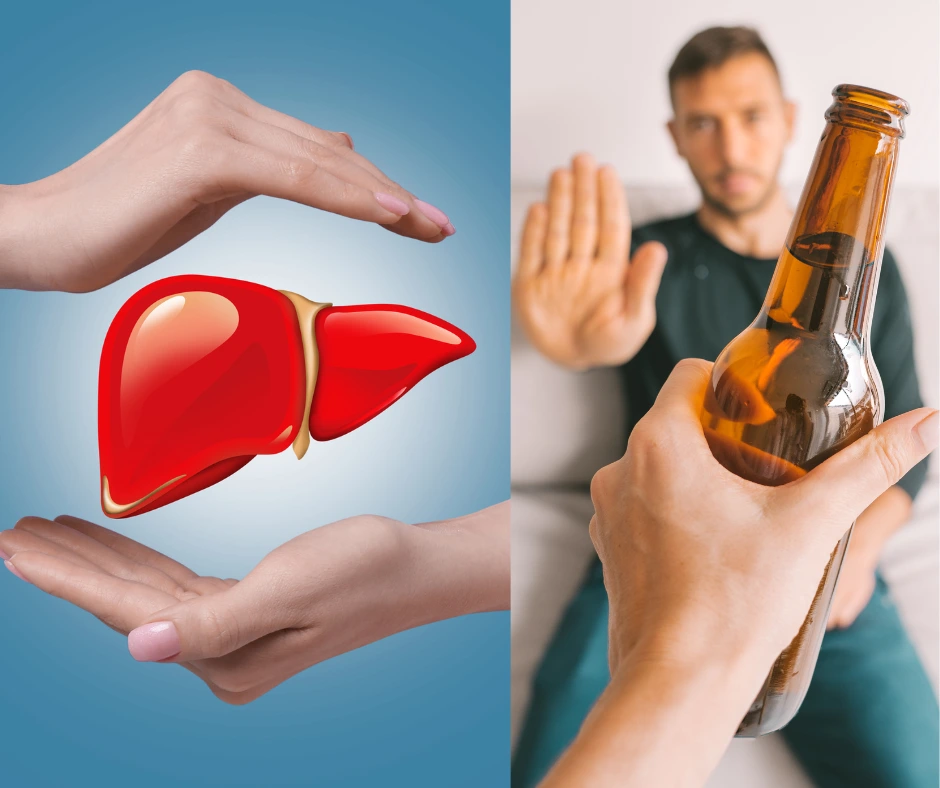Alcoholic liver disease is damage to the liver and its function due to alcohol abuse. Alcoholic liver disease typically develops after years of heavy drinking. Over time, this can lead to scarring and eventually cirrhosis, which is the final stage of alcoholic liver disease.
Symptoms may be absent or develop gradually, depending on how well the liver is functioning. They often worsen following a period of heavy drinking.
- Alcohol-induced liver disease is common but preventable.
- It results from heavy alcohol consumption, which overwhelms the liver's ability to process alcohol, leading to serious damage.
- The impact of alcohol on the liver depends on the quantity and duration of drinking.
- The most crucial aspect of treatment is to completely stop drinking alcohol, and dietary changes may also be recommended.
The liver can often repair some alcohol-related damage, allowing for a normal life. In severe cases, a liver transplant might be an option.


